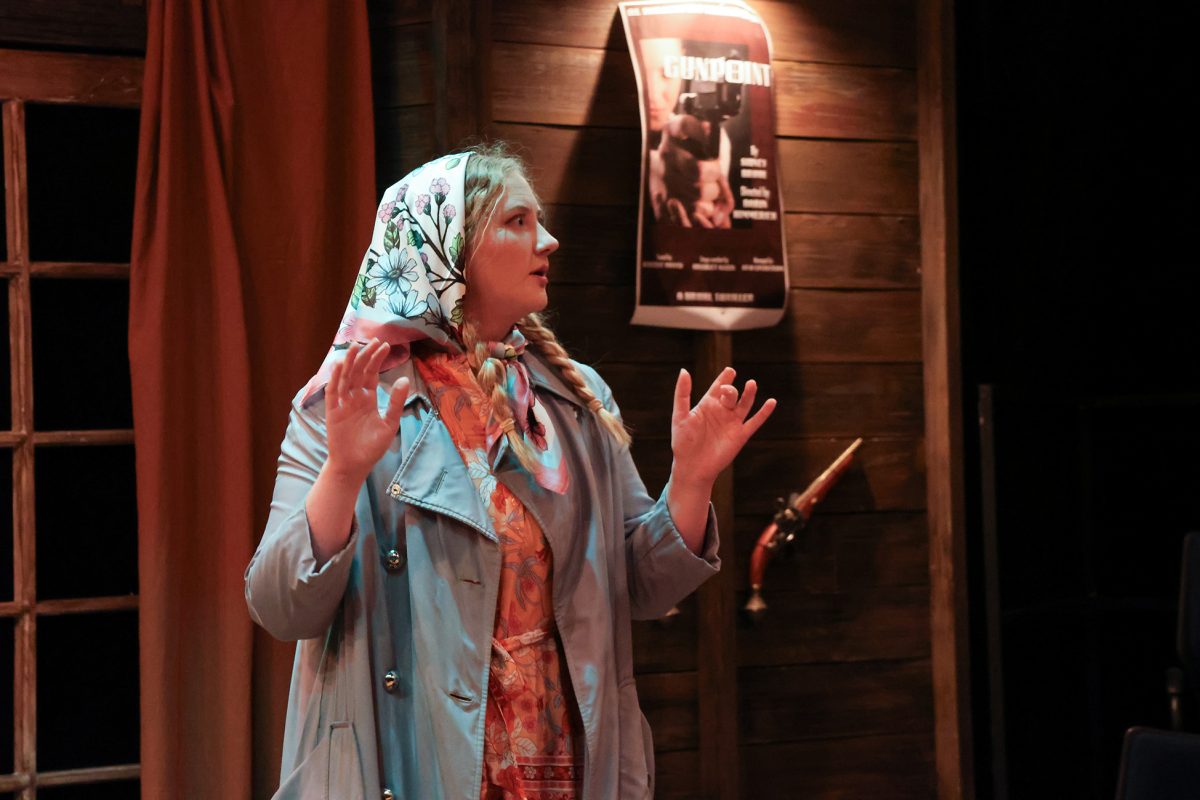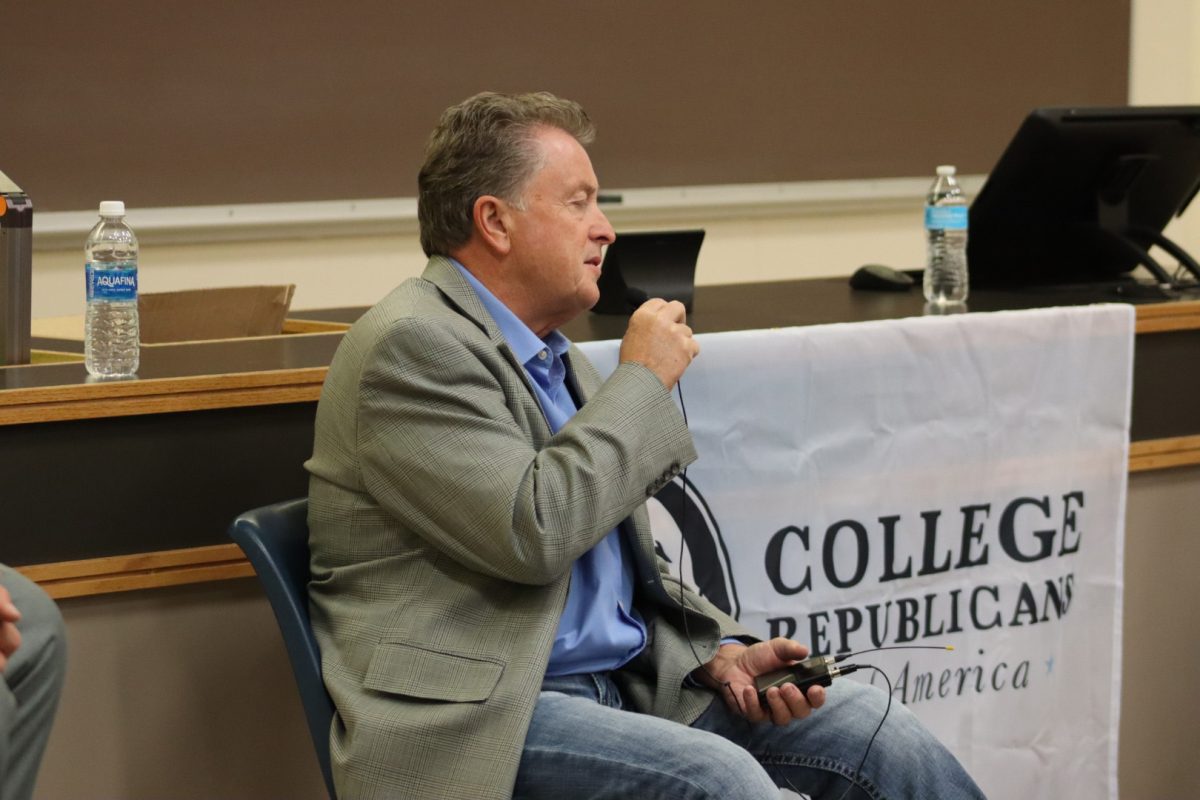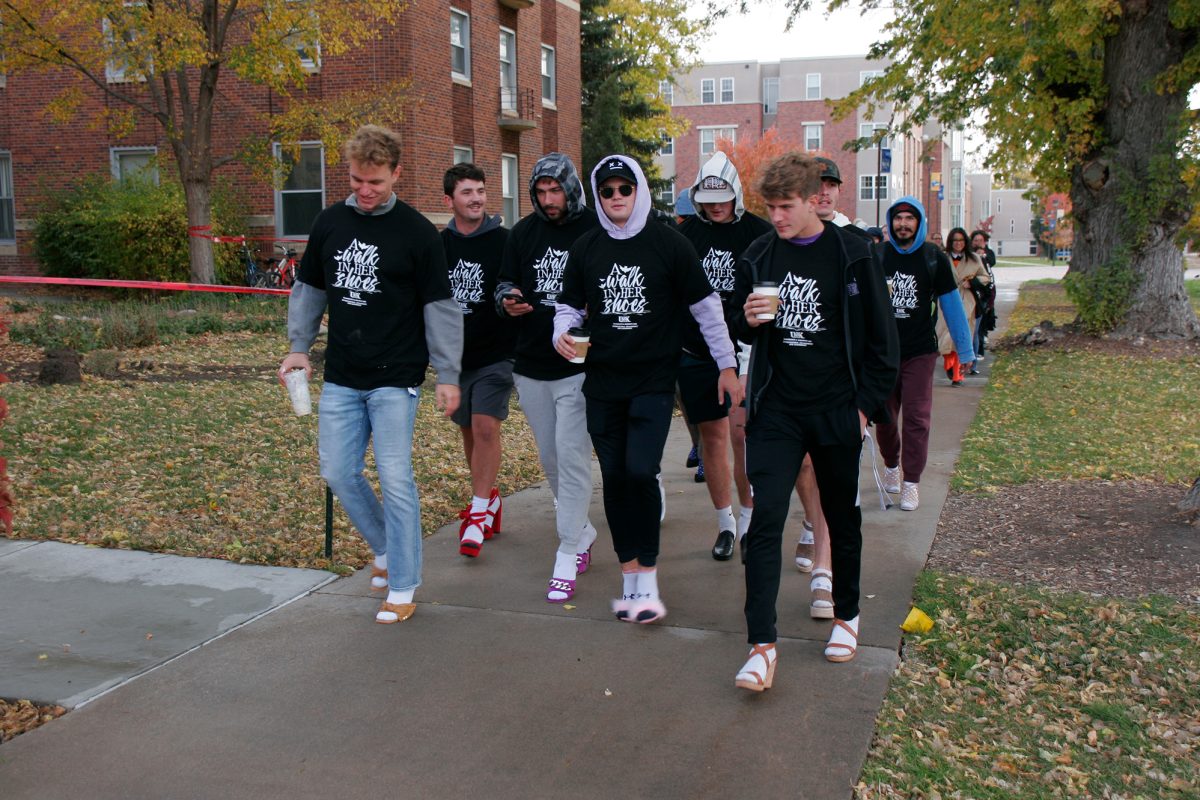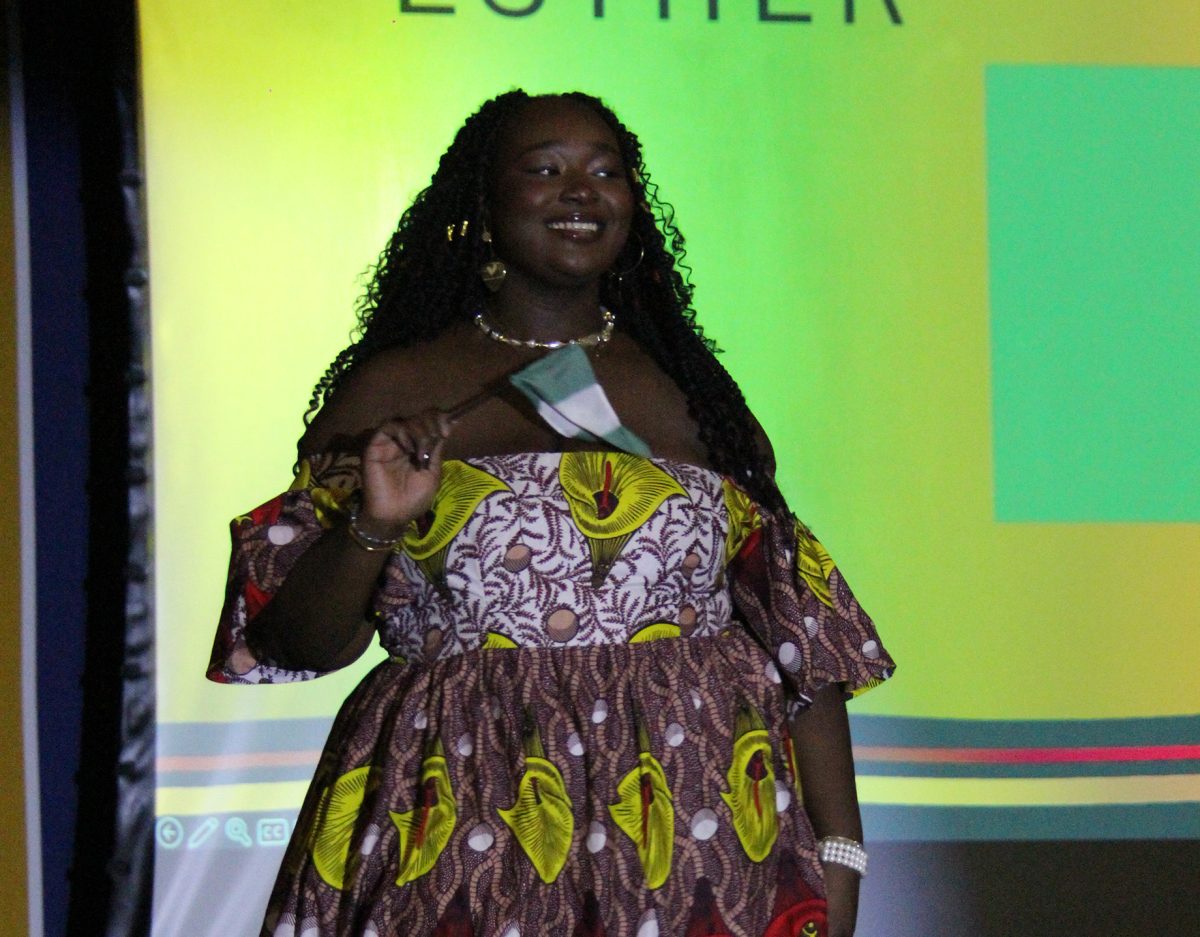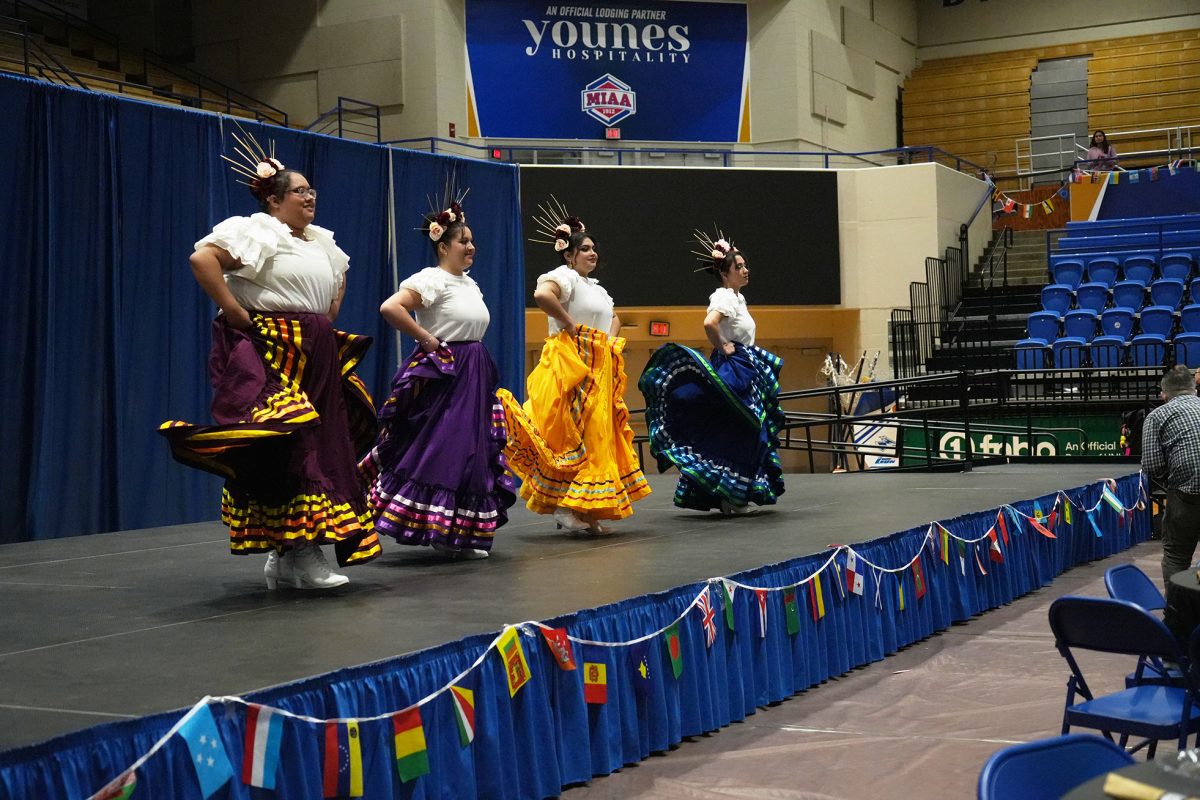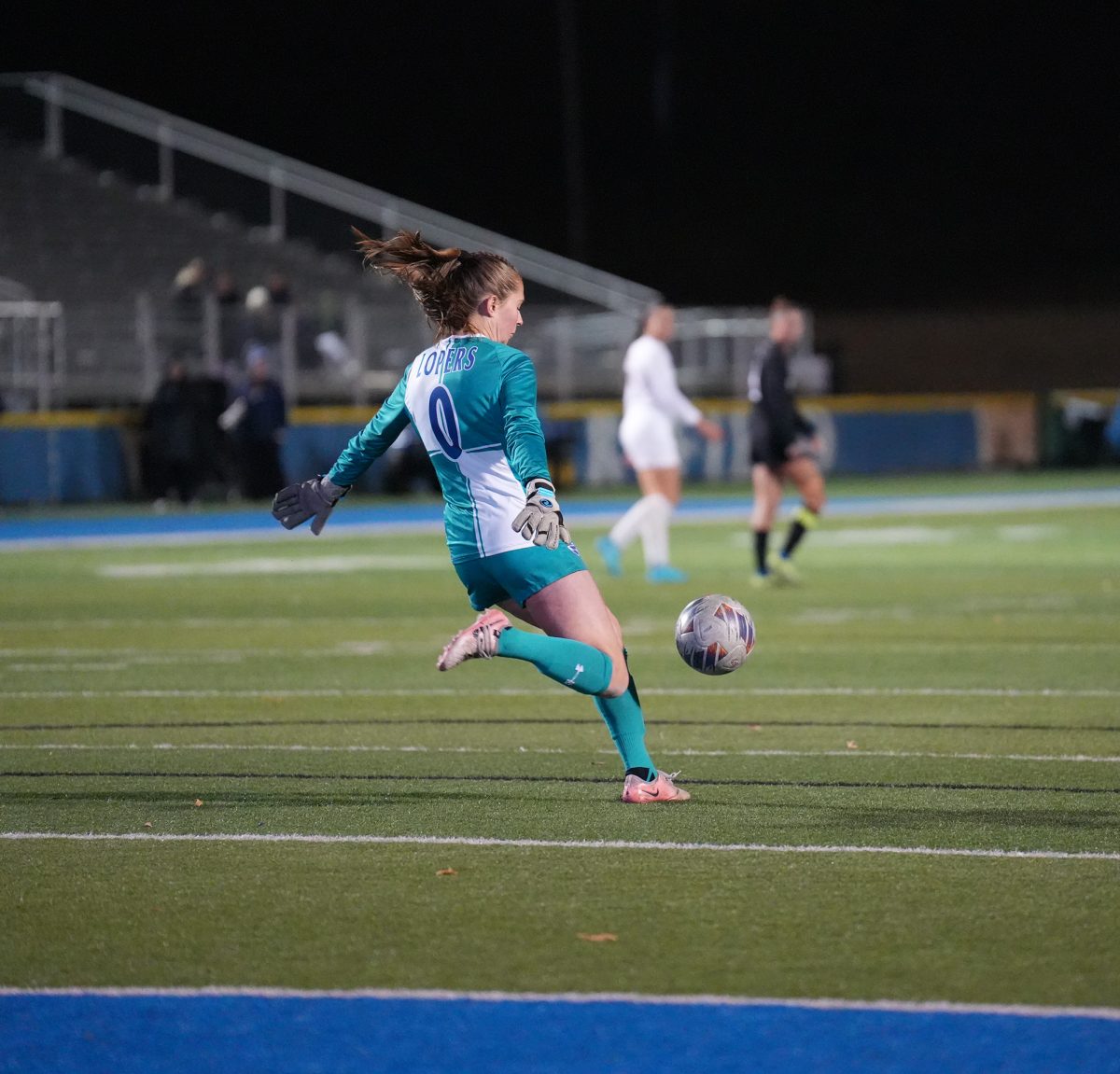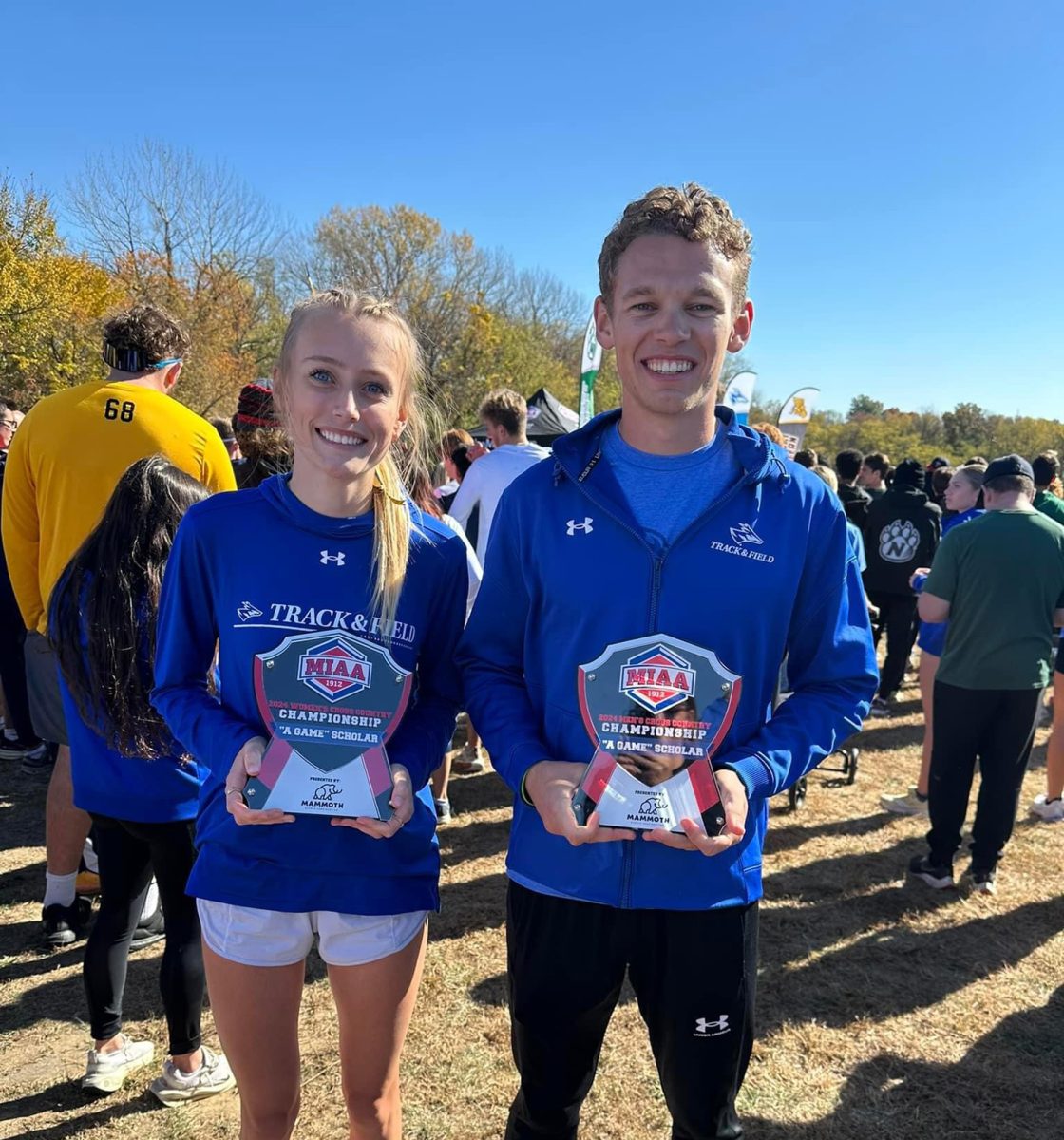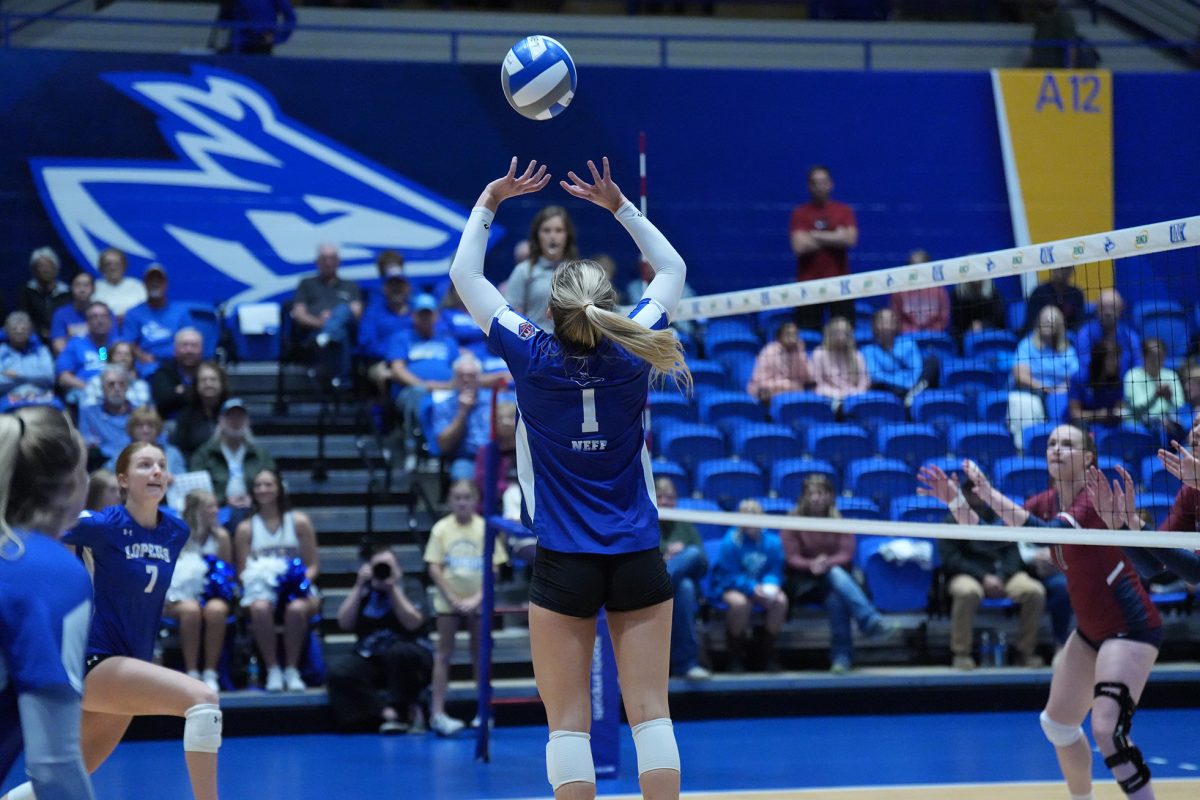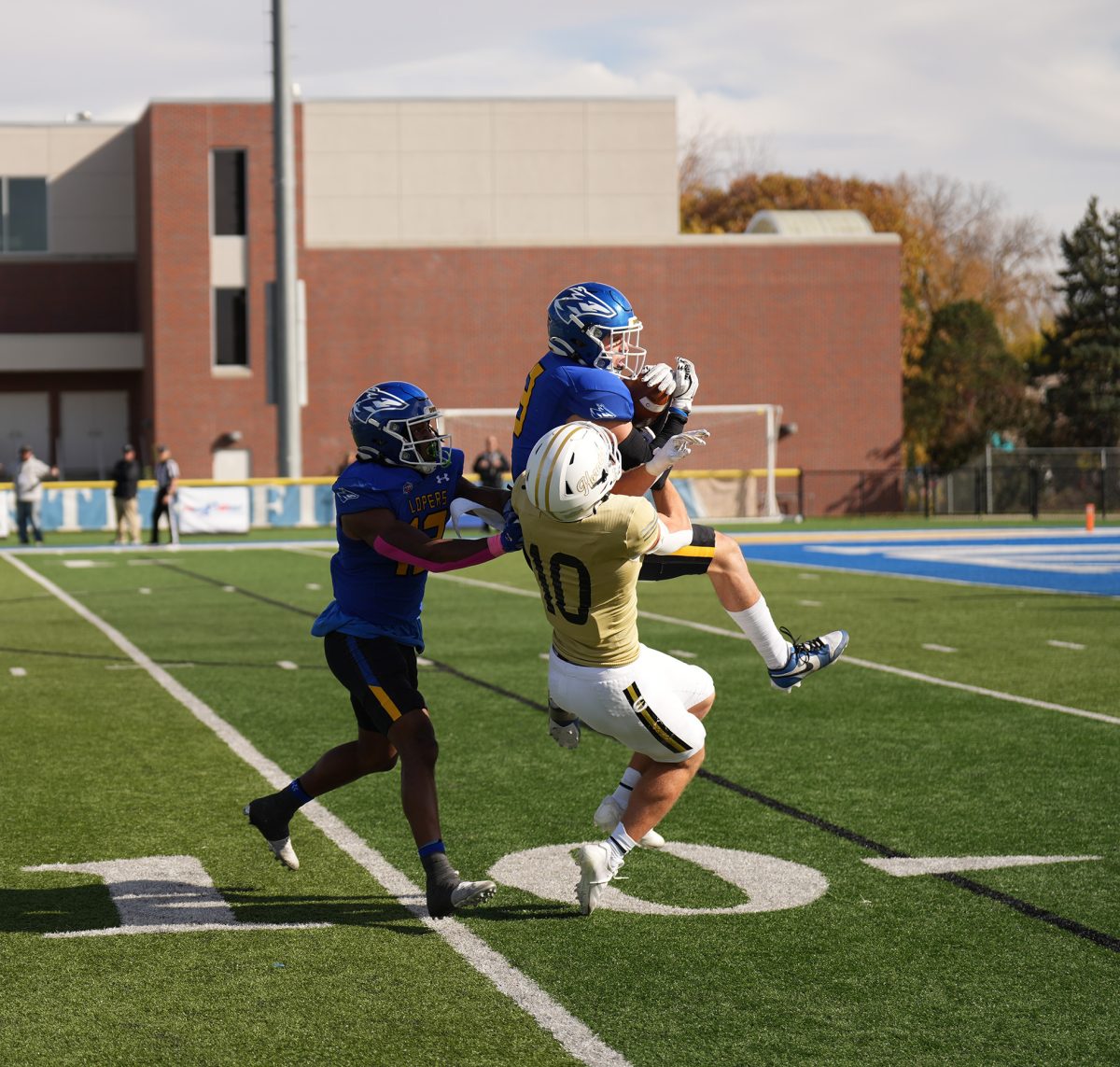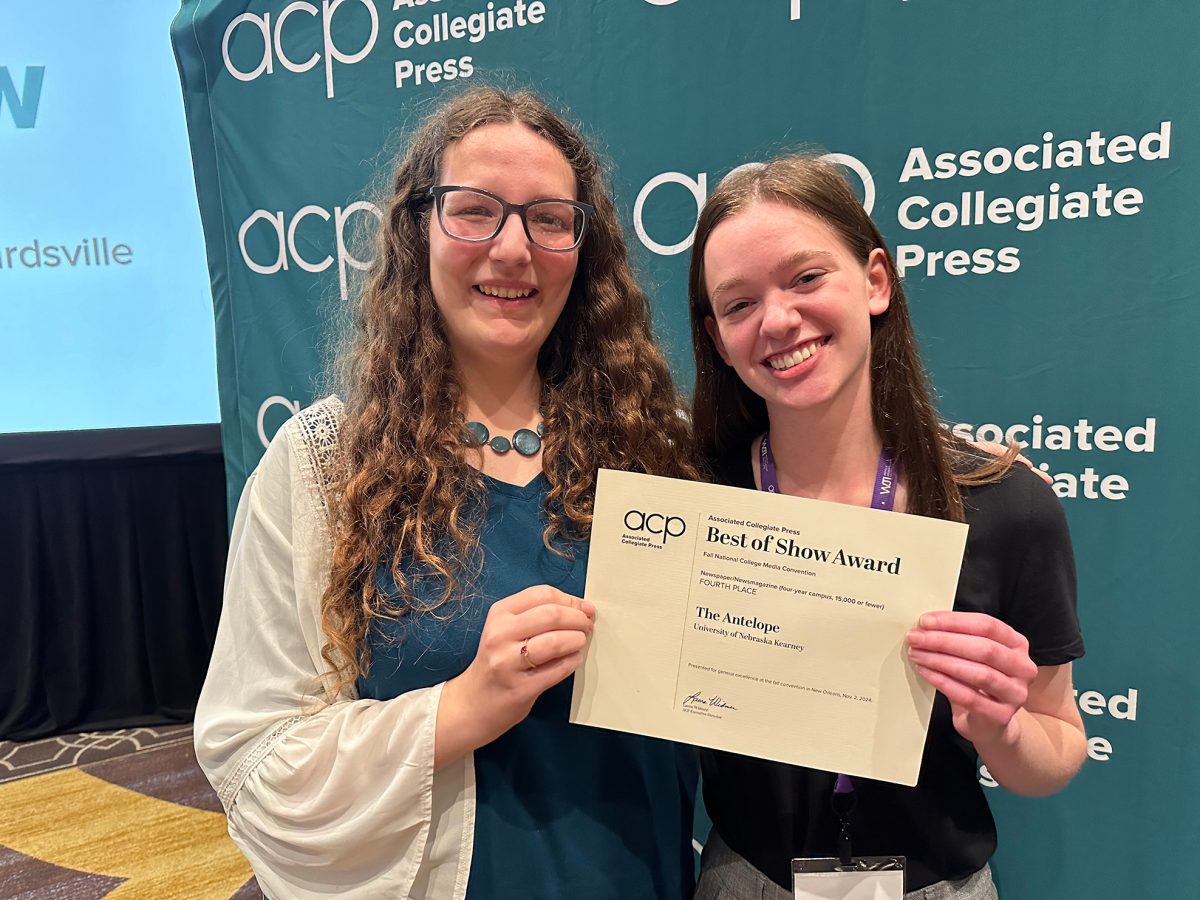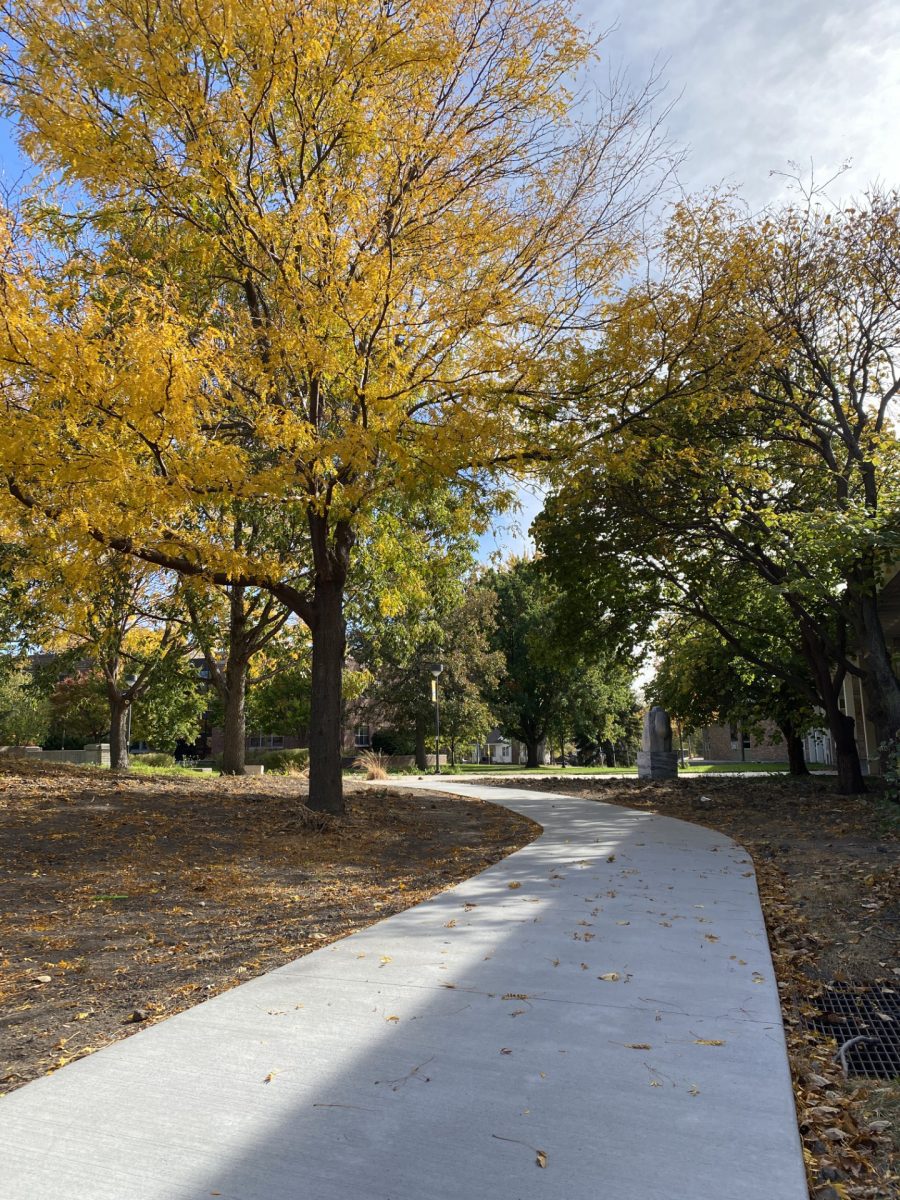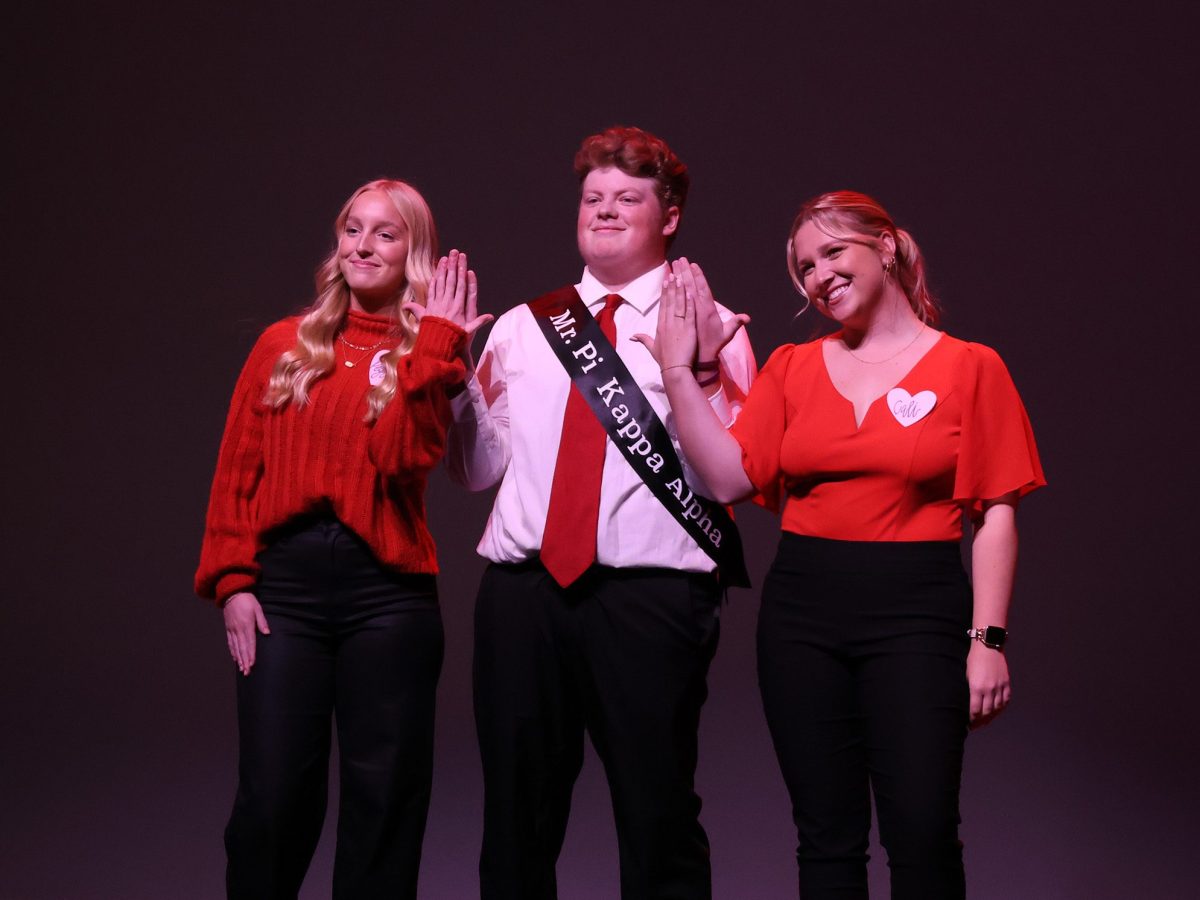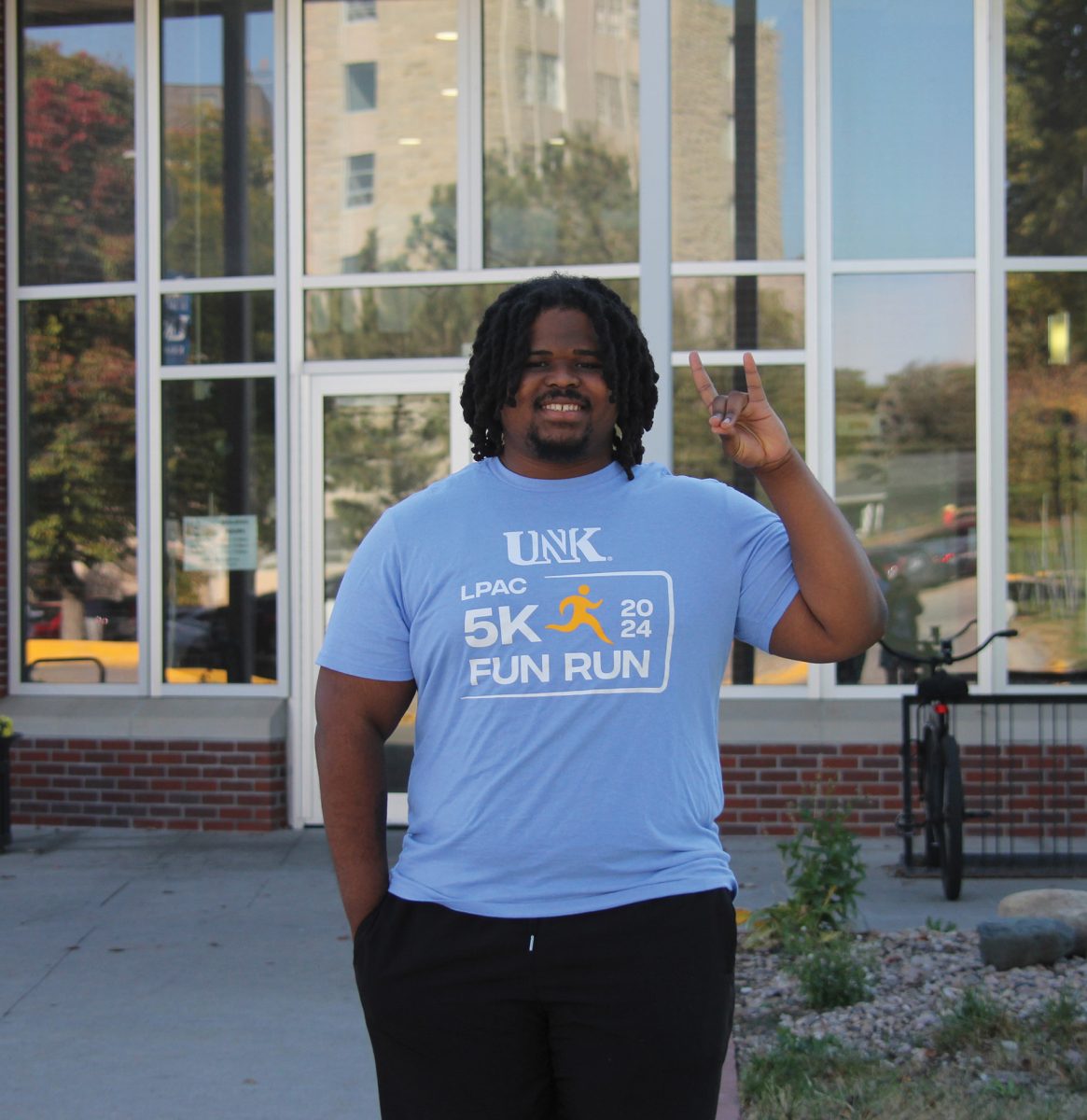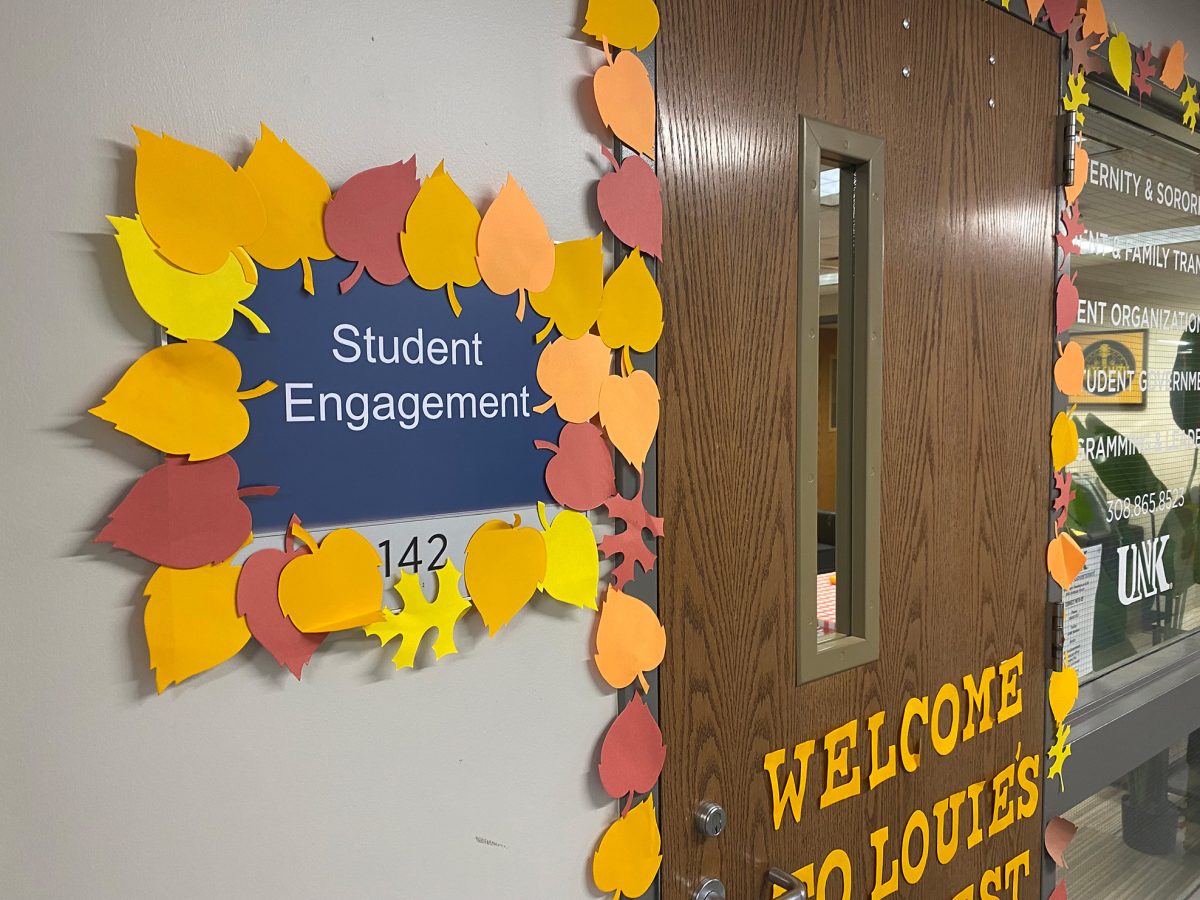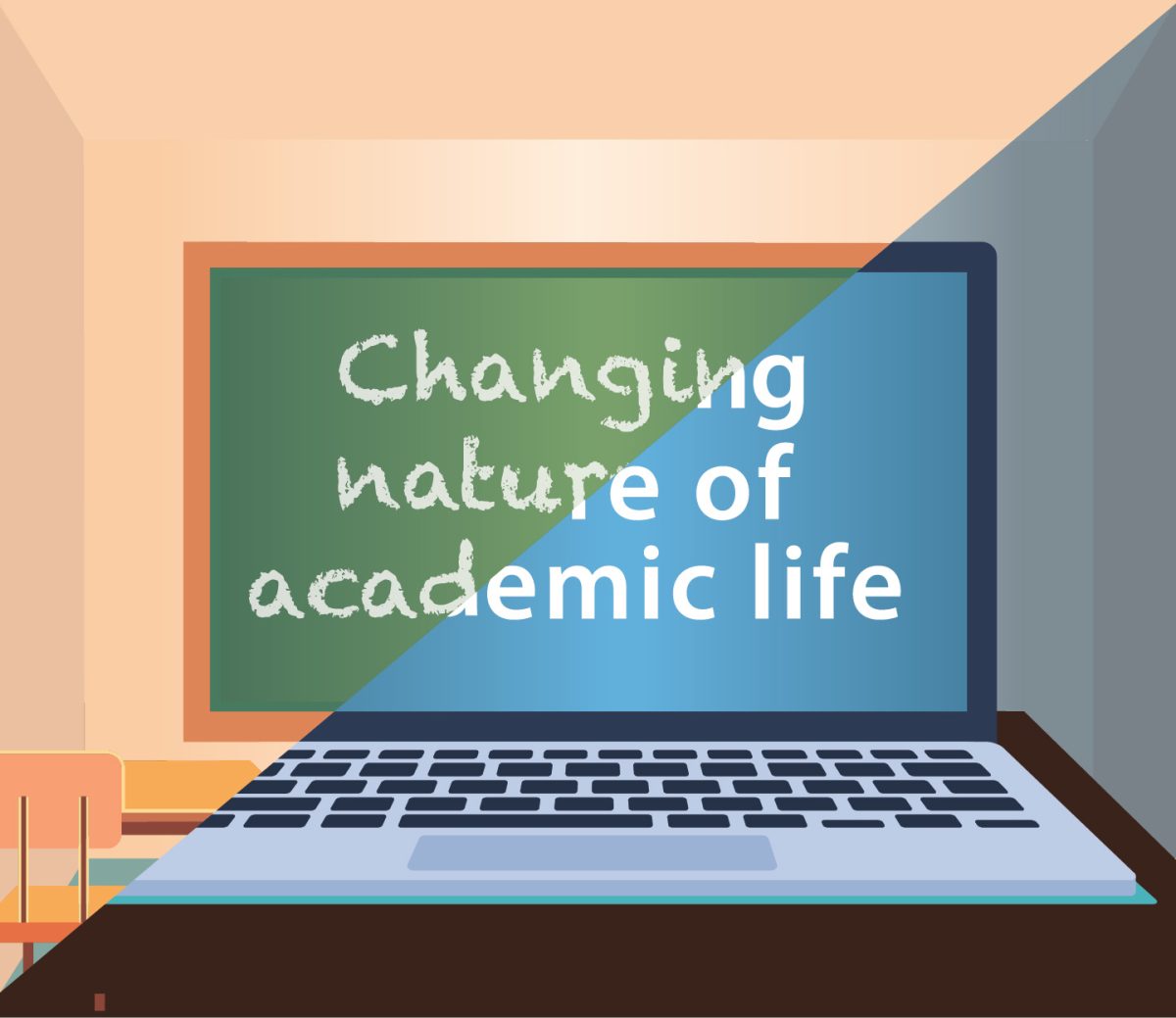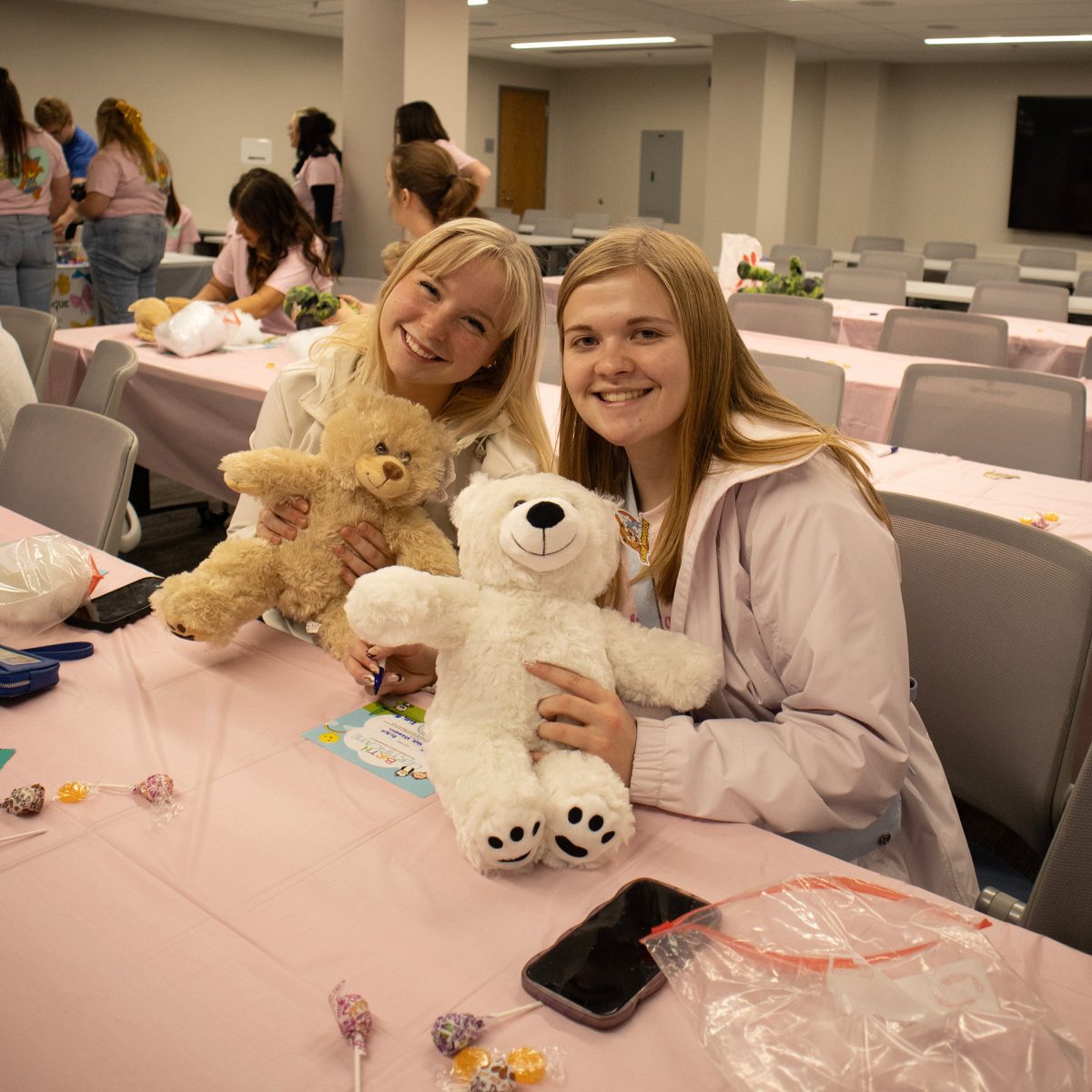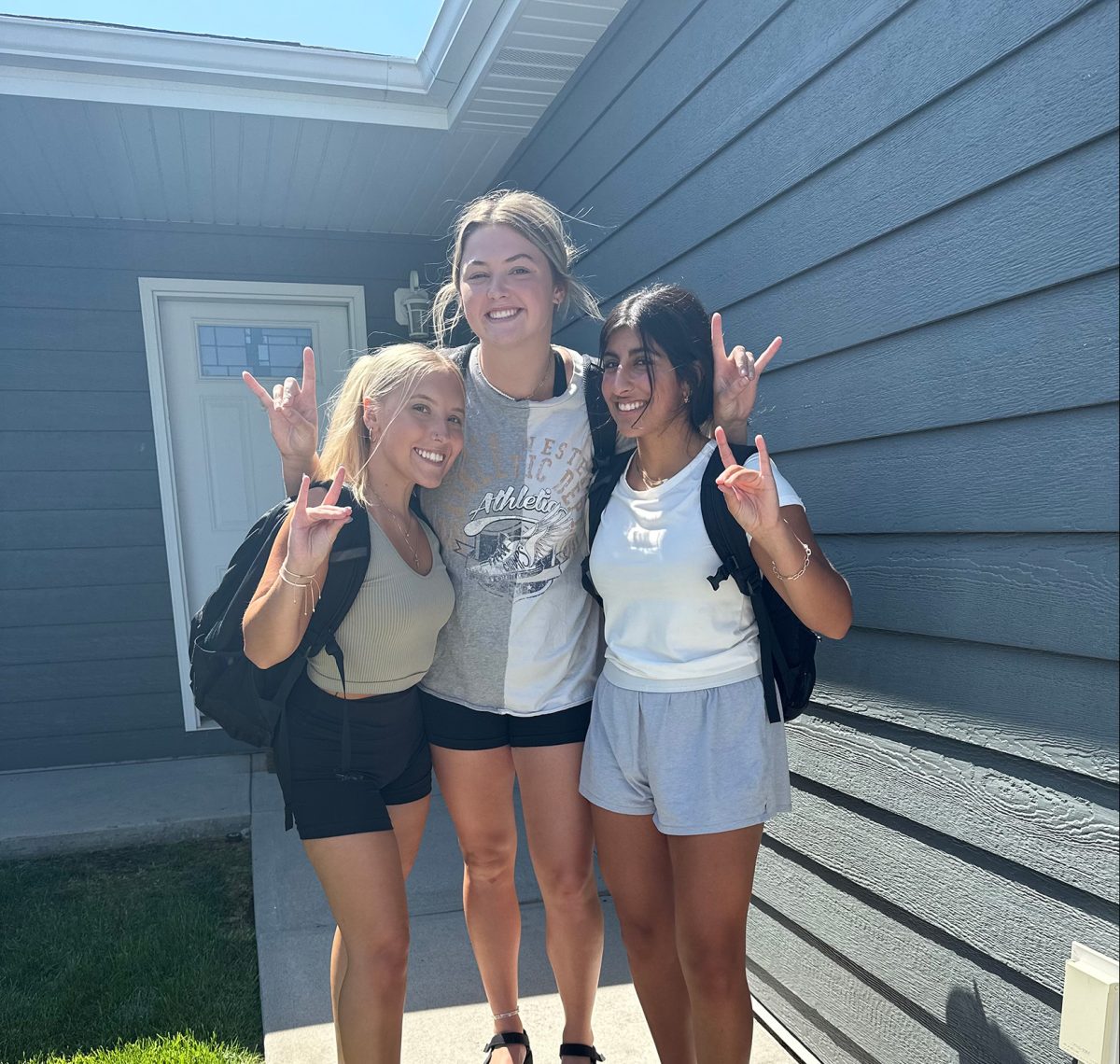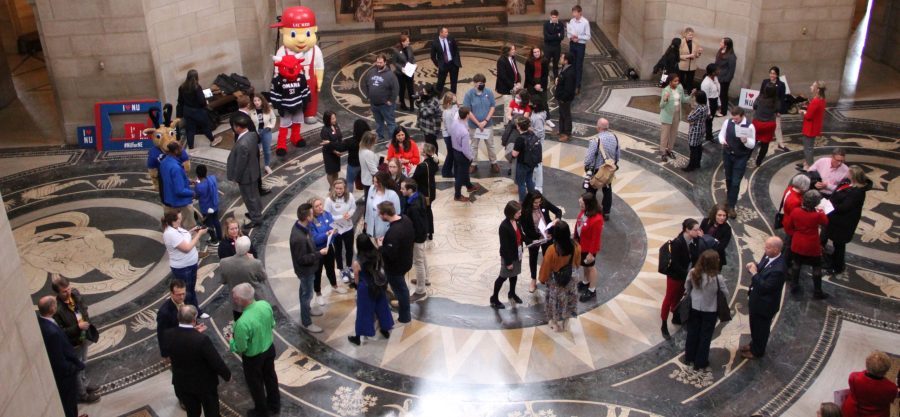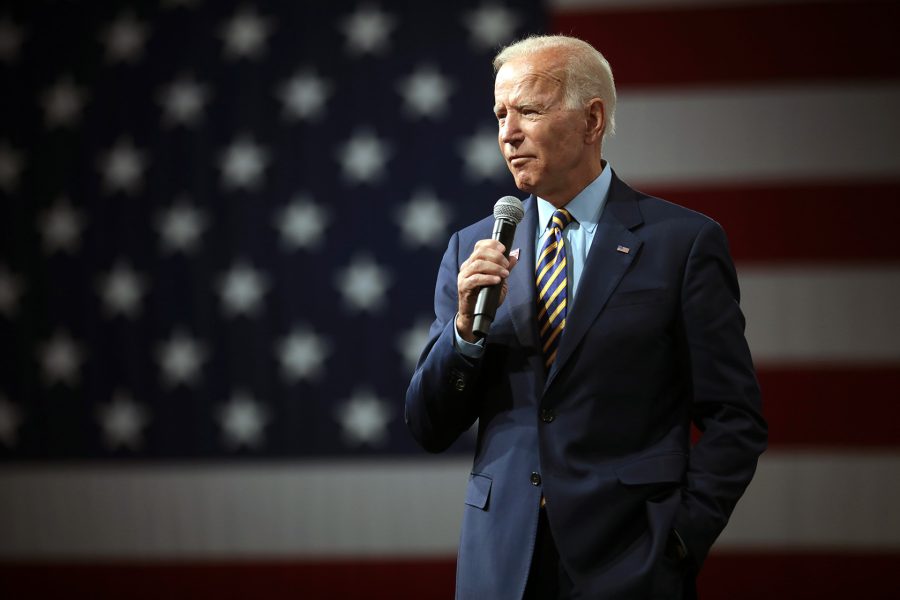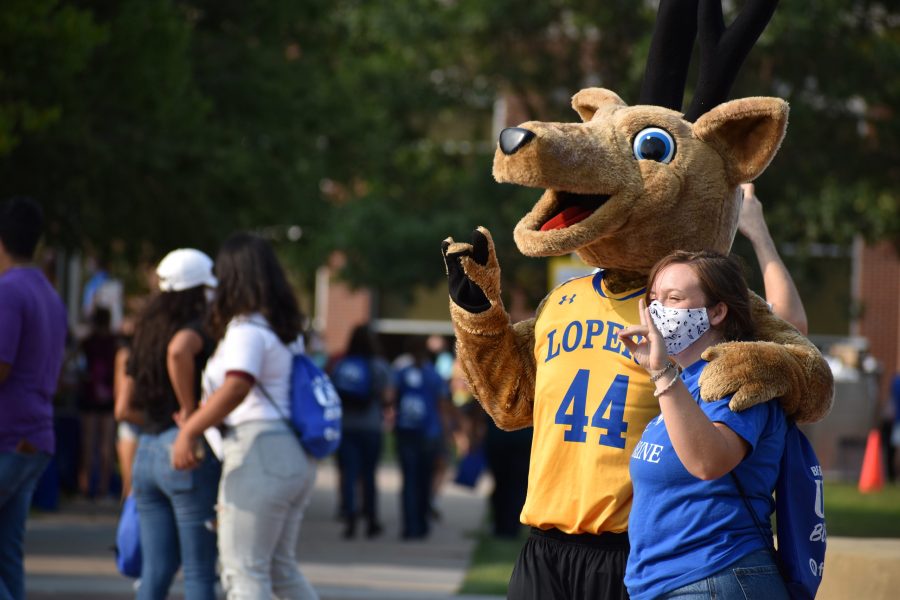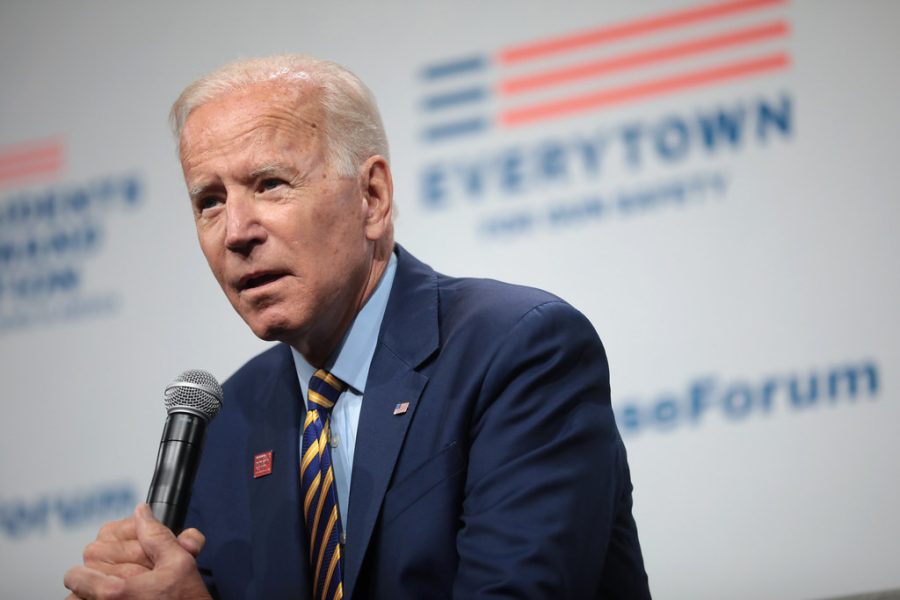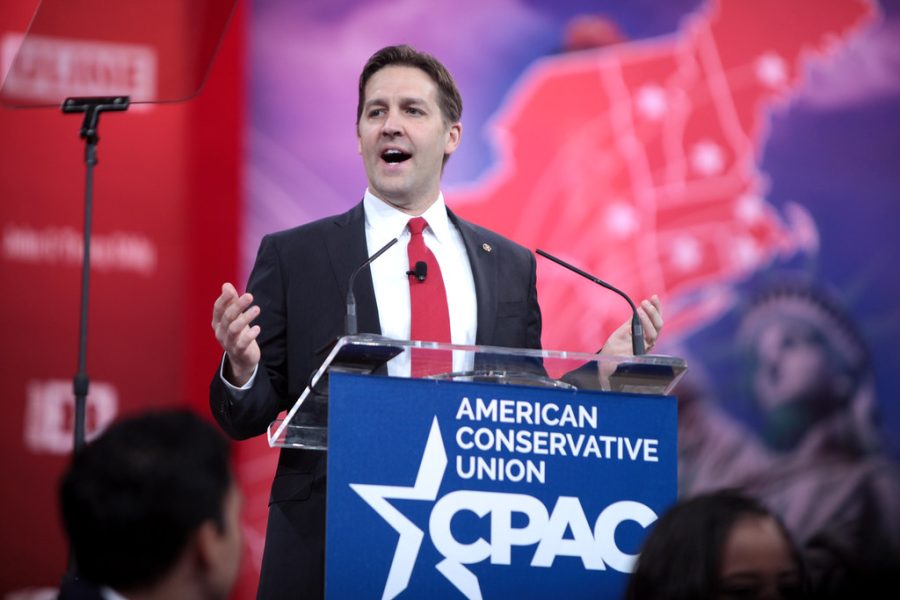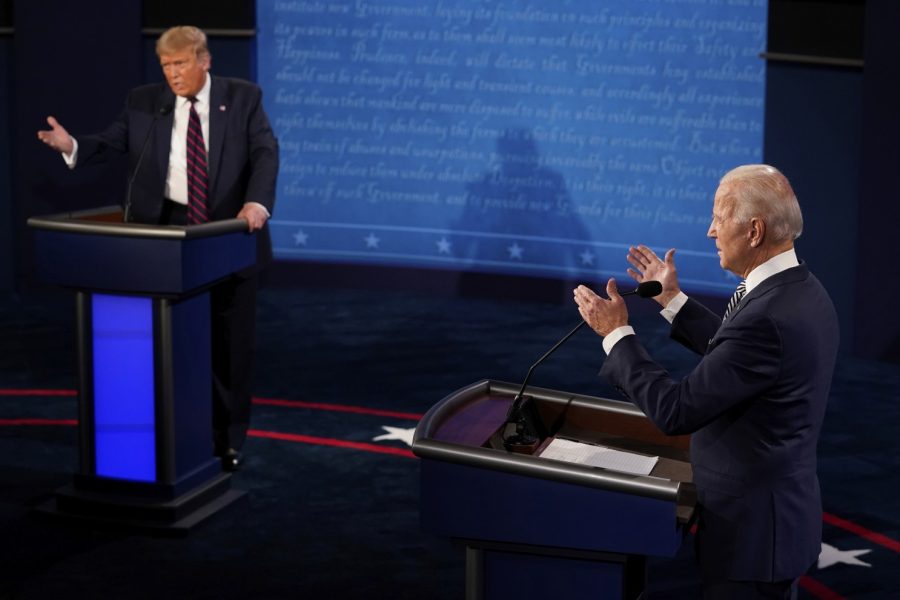In all likelihood, you know a DREAMer who has heard the words ‘Go back to where you came from.’
Amber Hallberg
Antelope staff
The evening was full of emotion. It is easy to say on paper that people are illegal and don’t deserve to be here, but when you put a face to it, it changes everything.
Seeing the tears roll down the faces of students who attend our very own university touched some hearts.
Pamela Felix, President of the Social Justice League said, “We have friends we know, here in Kearney who are at UNK, that are in this situation and it is just hard to see them go through this.”
“Go back to where you came from.”
“You don’t belong here.”
This is the reality for so many of the young DREAMers in the United States today. In all likelihood, you know a DREAMer who has experienced these words.
Imagine hearing these excluding statements in the only country you’ve ever known. Imagine working so hard to graduate high school, go to college and follow your dreams, only to have that stripped away from you just because of your immigration status.
On Sept. 8, 2017, The Social Justice League, Trinidad Center and Justices for Our Neighbors put on an informational question and answer panel in the UNK Office of Multicultural Affairs. They showed a touching short video called “America; I Too,” which focused on the rights undocumented immigrants possess.
The evening continued with two guest speakers, Gladys Godinez, the Volunteer Coordinator from Justice for Our Neighbors, and Rosangela Godinez, an immigration attorney.
Rosangela brought power of attorney papers, informational flyers about DACA, as well as presenting on what DACA entails. She encouraged everyone to reach out to their state representatives and she assured the DACA recipients they are not alone.
After the panel, students, faculty and members of the community did their part by writing letters to representatives as well as leaving voicemails at their Nebraska and Washington, D.C. offices.
This political action came after Sept. 5 when President Donald J. Trump ordered an end to the Deferred Action for Childhood Arrivals or DACA. He gave Congress six months to come up with an alternative plan for DACA. This program allowed undocumented immi-grants who arrived as minors to be able to receive a two-year renewable application to be deferred from deportation as well as be eligible for a work permit.
In the steep requirements to be able to be considered for DACA, the individual must have come to the United States before their 16th birthday. In addition to that, they must have continuously lived in the United States since June 15, 2007, have virtually no criminal record and have completed high school or the equivalent: served in the military or enrolled in college.
If you do the math, June 2007 was ten years ago. That means that for ten years, this country has been their home. Believe me, I fully understand they are illegal residents. What people don’t realize is that when these young adults came to America, they had no choice in the matter. I do not necessarily agree with illegal immigration. When a grown adult makes the decision to enter this country illegally, they know the risk involved.
However, why should the kids suffer? They did not make the choice to come here. So many of the DACA recipients came here as toddlers or even infants. There are instances in which the only language they know is English. So, how can we just “send them back” to a country they know nothing about?
The fact of the matter is these people are not here to cause harm. They are here to grow as people, attend college, gain an education and make a positive impact in society. They are human beings and they have feelings, real lives and dreams, just like anyone else. I encourage you to educate yourself about DACA, to contact your state representatives and to realize that this does impact people on our campus.

